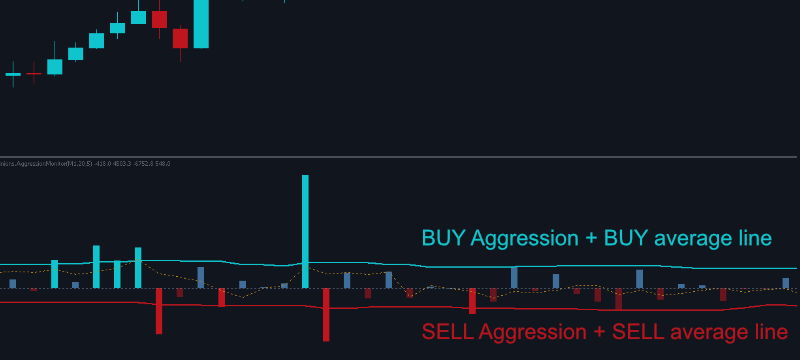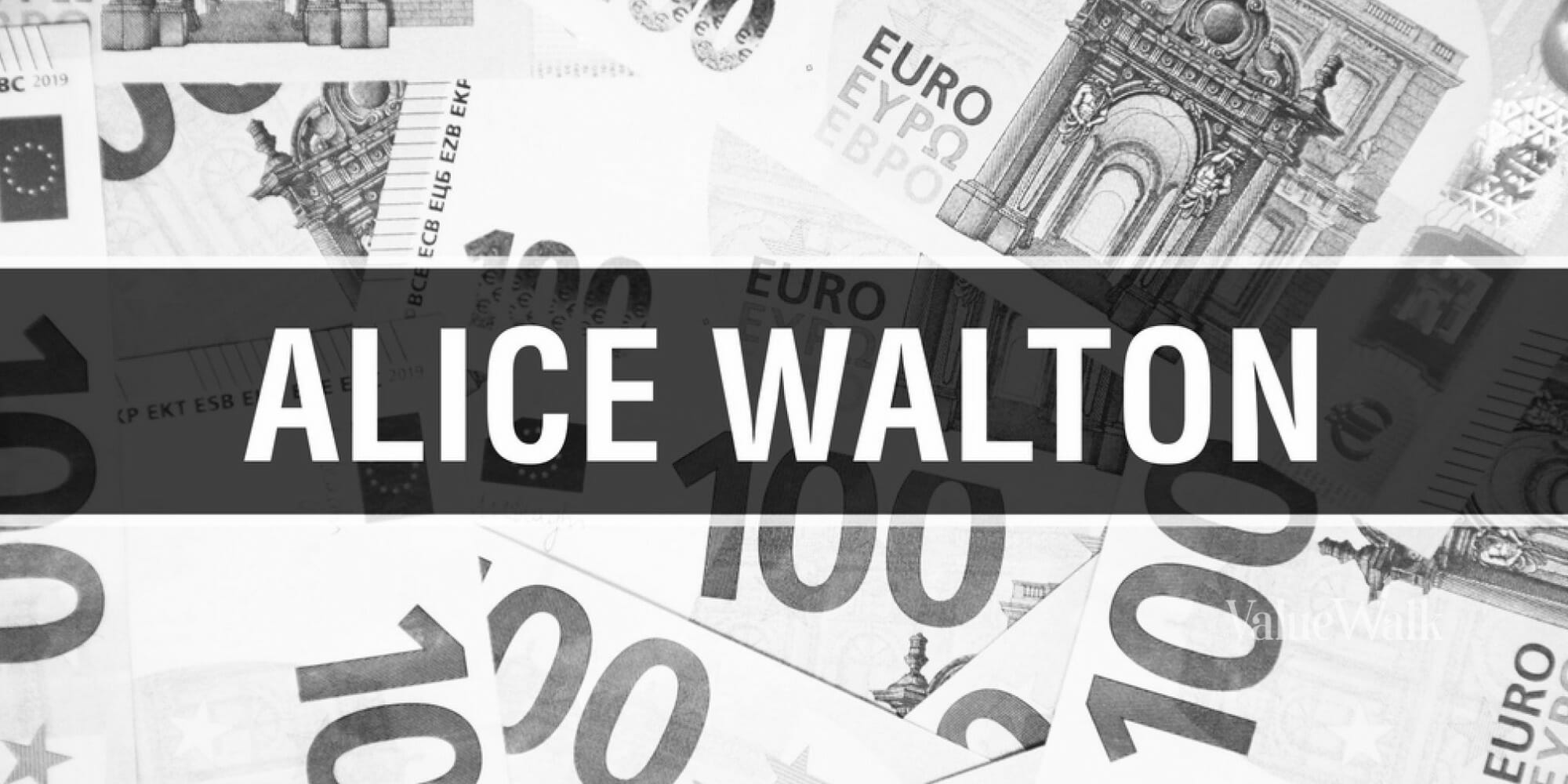Opinion: Don’t expect a soft landing for the U.S. or global economy.

Weeks into 2024, the consensus forecast for the global economy remains cautiously optimistic, with most central banks and analysts expecting a soft landing or no landing at all. Even my famously bearish colleague Nuriel Roubini considers the worst-case scenario to be the least likely.
CEOs and policymakers I interviewed at the World Economic Forum in Davos last month echoed this sentiment. The fact that the global economy did not fall into recession in 2023 despite sharp interest rate hikes has left many experts optimistic about the outlook for 2024. When asked why they were optimistic, they noted that the U.S. economy was doing better than expected. Or, he predicted that artificial intelligence would fuel the much-anticipated surge in productivity. One finance minister once said, “If you are not naturally optimistic, you should not be finance minister.”
Economists around the world appear to share this outlook. According to the WEF’s January 2024 Chief Economist Outlook, a majority of respondents expected a mild global recession in 2024, but most were not overly concerned and viewed the expected slowdown as a healthy adjustment to inflationary pressures caused by excessive demand.
read: These bond market realities could dash investors’ hopes for a soft landing.
Even attacks by Yemen’s Houthis on merchant ships in the Red Sea and disruptions to global trade caused by ongoing wars in Ukraine and the Gaza Strip did not dampen the jubilant mood of analysts and business leaders. U.S. stock markets are at record levels, and even the usually conservative International Monetary Fund (IMF) upgraded its growth outlook, describing risks to global growth as “broadly balanced” in its latest World Economic Outlook. This characterization marks a significant departure from the cautious tone the IMF typically uses to ensure finance ministers avoid unsustainable spending.
Government spending is already expected to surge in a critical election year when voters in dozens of countries representing half the world’s population head to the polls. In macroeconomics, this phenomenon is called the ‘political budget cycle’. Incumbent politicians increase public spending and significantly increase deficits to stimulate the economy to improve their chances of re-election.
“An economic slowdown and a collapse in the real estate sector could lead China to a Japan-style ‘lost decade’.”
Despite the relatively positive consensus, recent developments suggest risks to global growth remain tilted to the downside. First of all, I am very skeptical about the Chinese government’s announcement that the Chinese economy will grow by 5.2% in 2023.
GDP growth figures have been a politically important issue in China, especially over the past year. This is because President Xi Jinping has solidified his one-man rule by dismissing numerous high-ranking officials, including the Minister of Defense and Minister of Foreign Affairs. With China’s economy struggling with deflation, falling real estate prices and weakening demand, it is becoming increasingly clear that the economic difficulties are far from over and that Xi is determined to get the situation under control.
A prolonged economic downturn and collapse of the real estate sector could lead China to a Japan-style ‘lost decade’. The obvious Keynesian solution to the nation’s slow shipwreck as property ventures and local government debt collapse is to transfer cash directly to households. However, given that Chinese consumers are more inclined to save (compared to consumption-conscious American consumers) and government debt is already growing rapidly, a debt deflationary cycle in China seems increasingly likely.
read: Increasing risk of global disorder
Meanwhile, despite avoiding a recession in 2023, European economic growth is expected to remain sluggish this year. Moreover, the continued reluctance of European countries to invest in their own defense suggests that painful adjustments may be necessary as former US President Donald Trump potentially returns to the White House in January 2025. Surprisingly, European leaders seem unprepared for such a scenario, even though the war in Ukraine is depleting ammunition reserves faster than they can be replenished.
Europe is also grappling with the negative economic impact of U.S. President Joe Biden’s Inflation Reduction Act (IRA), which uses tax incentives to lure European companies. Although the IRA ostensibly aims to accelerate America’s green energy transition, it is essentially a protectionist trade policy. This may have provided a short-term boost to the U.S. economy, but the long-term consequences could be similar to the Smoot-Hawley Tariff Act of 1930, which sparked an international trade war and worsened the Great Depression.
Still, Biden’s trade protectionism is moderate compared to Trump’s plan to impose a 10% tariff on virtually all imports, which could cause major disruption to the global trading system. European countries are understandably rooting for Biden, who, unlike Trump, has repeatedly reaffirmed his pledge to curb Russian expansionism.
“Regardless of which party controls Congress after the November election, deficit spending is almost certain to be rampant in the United States. ”
Surprisingly, neither Democrats nor Republicans in the United States seem interested in cutting government spending, let alone reducing the deficit. Regardless of which party controls Congress after the November election, deficit-driven overspending is almost certain. But if real interest rates continue to rise, as many expect, the U.S. government could be forced to choose between the deeply unpopular fiscal tightening or putting pressure on the Federal Reserve to allow another round of inflation.
Despite the widespread belief that the global economy is heading for a soft landing, recent trends give little reason for optimism. As the world faces another turbulent year, policymakers and analysts should keep in mind that soft landings mean little if the runway is in a seismic zone.
Kenneth Rogoff, former chief economist at the International Monetary Fund (IMF), is a professor of economics and public policy at Harvard University and recipient of the 2011 Deutsche Bank Prize in Financial Economics. He is co-author (with Carmen M. Reinhart) of This Time is Different: Eight Centuries of Financial Folly (Princeton University Press, 2011) and the author of The Curse of Cash (Princeton University Press, 2016).
This commentary was published with permission from Project Syndicate — Don’t Expect a Soft Landing for the Global Economy.
more: AI could save us and the planet, but we may not be smart enough, says Roubini.
Also read: ‘doctor. Doom’ Nouriel Roubini: ‘The worst case scenario seems the least likely.’ now.




